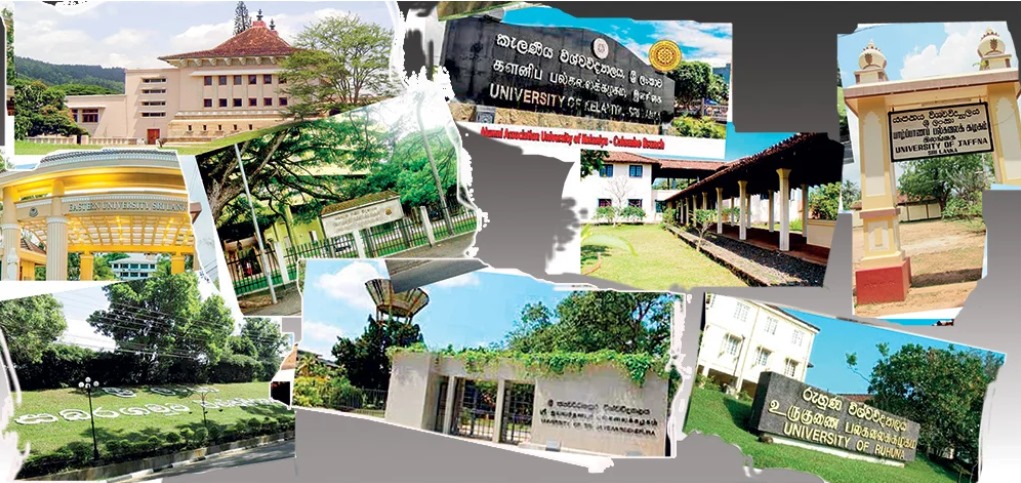Charith Dilshan’s suicide has yet again brought state universities into the spotlight over concerns of ragging. It is by now well-known that any form of ragging constitutes an offence punishable by law as per the Prohibition of Ragging and Other Forms of Violence in Educational Institutions Act, No. 20 of 1998, as well as the Torture and Other Cruel, Inhuman or Degrading Treatment or Punishment Act No. 22 of 1994. However, as Shamala Kumar lucidly argued in an earlier Kuppi Talk (March 30, 2021), extreme incidents such as suicides or particularly cruel treatment are but aggravated symptoms of a much more pervasive and entrenched culture, both within universities and in wider society. In the university space, these pathologies find expression in innumerable daily interactions between seniors and juniors, teachers and students, and men and women, among others. A targeted approach to specific incidents that does not take this broader context, and, therefore, the underlying causes into account, is bound to fail. My aim, in this piece, is to briefly assess the implications of some of the measures proposed to curb and eliminate ragging and, in greater detail, discuss the role of education to that end. I argue for making a careful distinction between an anti-ragging stance and an anti-politics one, because the latter is as damaging as the former.









